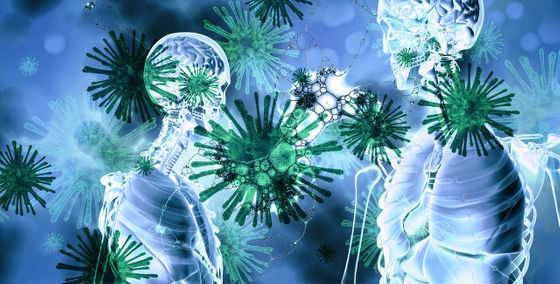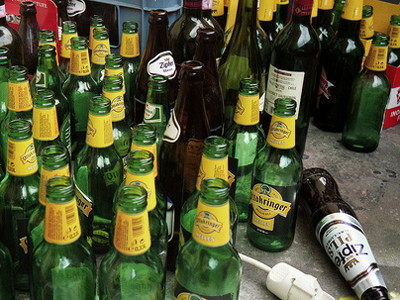What effect does drinking alcohol have on your immune system?

WHO recommends '
How does alcohol change immunity? 3 truths about lockdown drinking
https://www.inverse.com/mind-body/alcohol-and-the-immune-system
Some studies examining the relationship between alcohol and immunity say that 'because wine and beer are rich in polyphenols, drinking wine or beer moderately is more beneficial to immunity than drinking or drinking too much.' There are research results to do.
However, according to George Coob, a behavioral psychologist at the National Institute of Alcohol Abuse and Addiction, it is known that the function of 'natural immunity' is reduced after excessive drinking. 'Natural immunity' is the action of immune cells such as neutrophils and macrophages that directly attack pathogens, and is the frontier of immunity that the human body has innately.

Along with 'natural immunity', the 'acquired immunity' acquired by humans plays an important part in the immune system. When the human body is exposed to pathogens such as viruses and bacteria, immune cells such as lymphocytes can
'Alcohol affects the functioning of lymphoid tissues, alters lymphocyte volume and activity, and can cause chronic systemic inflammation in the long run, impairing defense against infections,' Kubb said. 'There is a potential for alcohol to reduce both immune systems,' he said.
Dipak Sarkar, an immunologist at Rutgers at the State University of New Jersey, said, `` If you drink alcohol, bacteria may leak into your body through intestinal damage , and immune cells that respond to this may activate inflammatory cytokines. As a result, it is expected that the stress levels in the body will increase and the immune system will decline. ”

Drinking alcohol has many other harmful effects in addition to its direct immunity. In a study published by Sarkar et al. In 2018, when the amount of alcohol per 100 ml of blood exceeds 0.08 g for 3 days, the control of `` PER2 gene '' and stress response related to body clock are controlled. It was found that the level of expression of the 'POMC gene' being performed is significantly reduced. Sarkar says that genetic defects can cause people to become addicted to alcohol.
Based on these research results, Mr. Kubb said, `` Alcohol temporarily relieves anxiety and negative feelings, but the effect is only for a short period of time, and when the effect is cut off, negative feelings tend to increase. In essence, drinking alcohol to calm a miserable feeling puts that person in a more distressed state. '
Sarkar said, 'Overdrinking is expected to weaken the immune system's response to the new coronavirus,' and said that avoiding overdose is important for immune function.
The Ministry of Health, Labor and Welfare has determined that about 20 g of pure alcohol per day is 'moderate and moderate drinking'. Depending on the frequency, this is equivalent to 500 ml for beer (medium bottle, 1 long can) and 200 ml for wine (about 1.5 glasses of wine).
Alcohol | Ministry of Health, Labor and Welfare
https://www.mhlw.go.jp/www1/topics/kenko21_11/b5.html
Related Posts:







